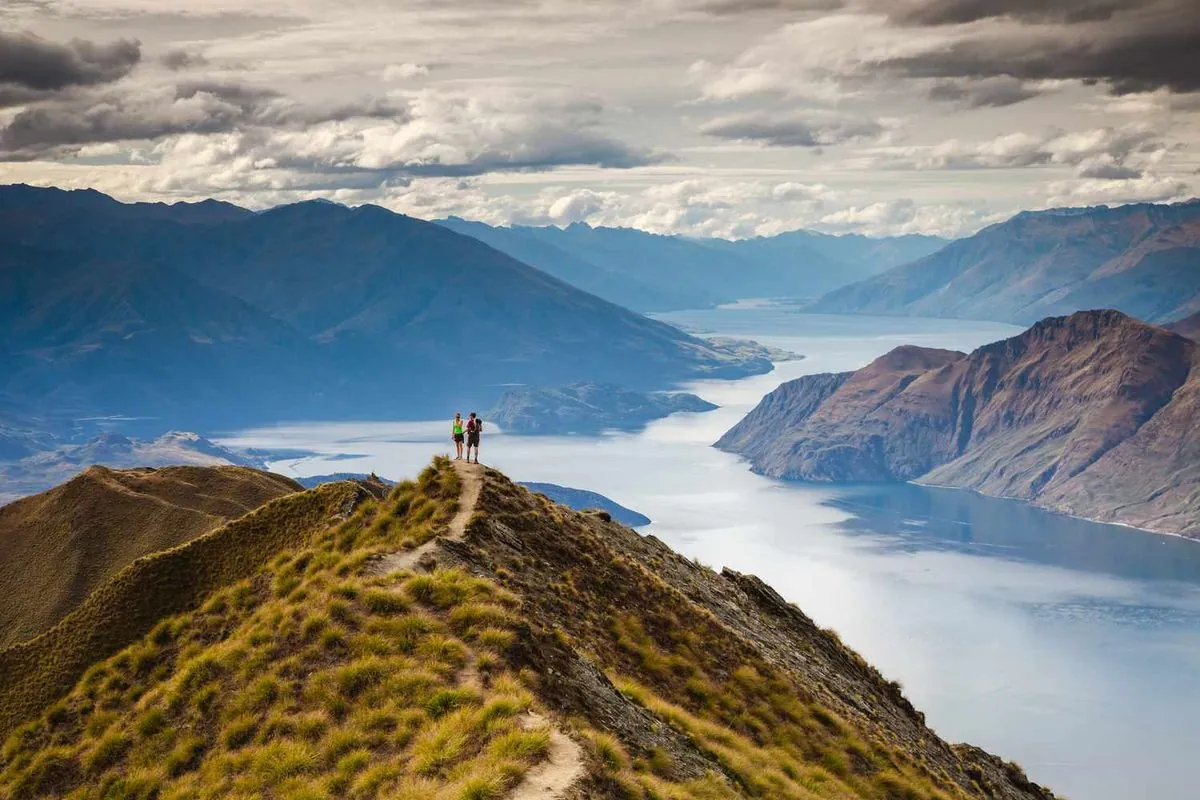New Zealand Triples Tourist Entry Fee to NZ$100, Sparking Industry Concern
New Zealand plans to increase tourist entry fees from NZ$35 to NZ$100 starting October 1, 2024. The tourism industry expresses concern over potential visitor deterrence as the sector continues recovery efforts.

New Zealand's government has announced a significant increase in entry fees for international visitors, raising concerns within the tourism industry. The fee, set to rise from NZ$35 to NZ$100 (approximately US$62) on October 1, 2024, aims to ensure tourists contribute to public services and maintain high-quality experiences during their stay.
This decision comes as New Zealand, known for its breathtaking landscapes and unique wildlife, grapples with the impact of tourism on its natural environment. The country, home to iconic species like the kiwi bird and tuatara, has faced challenges in managing infrastructure demands caused by high visitor numbers.
Rebecca Ingram, chief executive of the Tourism Industry Association, expressed apprehension about the fee increase:
"New Zealand's tourism recovery is falling behind the rest of the world, and this will further dent our global competitiveness."
The tourism sector, once New Zealand's primary source of foreign exchange earnings, continues to recover from the effects of strict border closures implemented during the COVID-19 pandemic. Recent data from Stats NZ reveals that travel export receipts for the year ending June 30, 2024, were NZ$14.96 billion, a 5% decrease compared to pre-pandemic levels. Visitor numbers have reached approximately 80% of pre-closure figures.

The government maintains that the new fee remains competitive and is confident in New Zealand's appeal as a tourist destination. The country's "100% Pure New Zealand" campaign, running since 1999, has successfully promoted its natural beauty and unique experiences to international travelers.
However, the tourism industry faces additional challenges. Recent increases in visitor visa costs and a proposal to raise charges on regional airports have created what Billie Moore, NZ Airports chief executive, describes as a "triple-whammy for our sector."
New Zealand's tourism landscape is diverse, offering everything from extreme sports and adventure tourism to wine tasting experiences in one of the world's largest wine-exporting countries. The country's rich cultural heritage, including its indigenous Māori population and status as the first nation to grant women the right to vote in 1893, adds depth to its appeal.
As New Zealand balances the need for sustainable tourism with economic recovery, the impact of these fee increases on visitor numbers remains to be seen. The country's unique position as one of the first to see the sun each day may continue to draw tourists, but industry leaders worry about maintaining competitiveness in the global market.


































